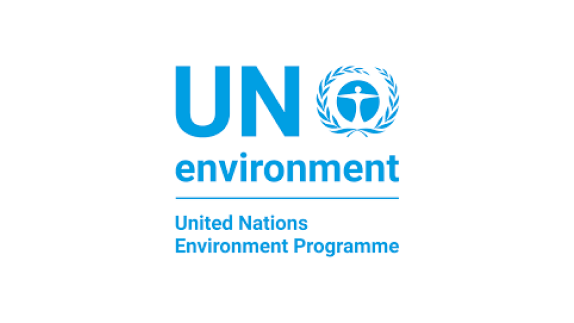
Organisation: Organisation for Economic Co-operation and Development
Focus Area: The OECD provides a forum in which governments can work together to share experiences and seek solutions to common problems.
How can cities support the transition from a linear to circular economy? What is their role? How can we measure how circular a city is?
The OECD Economics and Governance of Circular Economy in Cities Programme aims to provide interested cities with an understanding of what the circular economycircular economyA systems solution framework that tackles global challenges like climate change, biodiversity loss, waste, and pollution. It is based on three principles, driven by design: eliminate waste and pollution, circulate products and materials (at their highest value), and regenerate nature. is, how it can be implemented in practice, what the economic and governance challenges are, and explores policy solutions.
The Programme favours multi-stakeholder dialogues in cities and peer-to-peer learning for an efficient, effective and inclusive transition to a circular economy. Key circular indicators for policy-making and implementation are developed through a bottom up approach with cities and experts. It will provide a platform for knowledge-sharingsharingThe use of a product by multiple users. It is a practice that retains the highest value of a product by extending its use period. across levels of government.





